Experts warn Sudan’s plastic crisis worsens as curbs fail
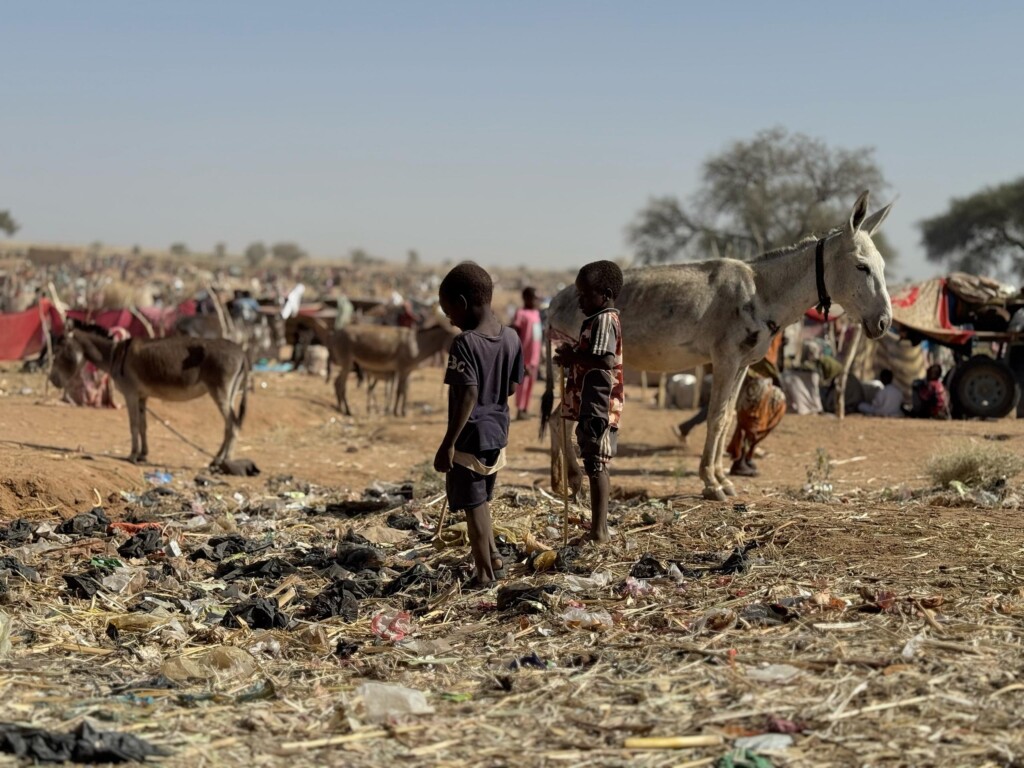
Children fleeing with their families from Zamzam to Tawila are searching in a landfill (File photo: Thomas van Linge / @ThomasVLinge)
As the world marked World Environment Day on 5 June with the theme “Beat Plastic Pollution”, led by the United Nations Environment Programme, Sudan continues to grapple with mounting plastic waste, weak enforcement of environmental laws, and powerful industrial interests resisting reform.
Despite previous attempts to curb the spread of plastic pollution, Sudan’s cities and countryside remain littered with bags clinging to trees, choking drains, and scattering across roads and markets. Environmentalists warn that plastic is suffocating Sudan’s fragile ecosystems and threatening both human and animal health.
Othman Mohamed Ahmed, Secretary-General of the Kampala Environmentalists Association, told the Al-Alaq Centre for Press Services, “Plastic waste causes the death of many terrestrial and marine organisms. It forms a barrier between plants and the soil and floats on water surfaces, creating a breeding ground for harmful parasites.”
“In Sudan, goats die after eating plastic waste,” he said, calling for strict laws to control plastic use and promote eco-friendly alternatives. “I see the importance of returning to using traditional baskets to avoid plastic bags.”
‘International momentum, local resistance’
This year’s global campaign against plastic pollution coincides with a United Nations-led effort to negotiate a binding Plastics Treaty involving 175 countries. The treaty aims to regulate plastic use across its entire life cycle, from production to disposal.
According to the Break Free From Plastic, the treaty could complement the Basel Convention on plastic waste trade, offering a stronger global framework to tackle the crisis. But in Sudan, progress remains slow.
A 2018 nationwide campaign to ban plastic bags failed to take root. While several states tried to legislate against plastics, enforcement crumbled under economic and political pressure.
Sudan’s 2016 Environment Minister openly backed petrochemical factory owners, who claimed investments of $200 million and warned that more than 10,000 jobs and 100 factories were at stake.
According to Sudan Tribune, even the Union of Industrial Chambers supported factory owners, citing their tax contributions and the presence of over 3,000 plastic workshops.
The lack of sanctions, weak state enforcement, and deliberate market shortages of alternatives all contributed to public frustration. Some reportedly called the ban “a failure,” while others accused politically connected businesses of sabotaging it.
In 2018, Xinhua News Agency reported that Sudan generated around 180,000 tonnes of plastic waste annually, one of the largest environmental hazards in the country. Still, the manufacture and use of plastic bags continued largely unchecked.
‘Global wake-up call’
Beyond the visible waste, researchers warn of serious health risks from plastic-related chemicals. A 2023 CNN report revealed that more than 3,200 of the 7,000 substances found in plastics are classified as hazardous.
These chemicals have been linked to neurological damage, fertility issues, hormone disruption, heart disease, and liver and lung cancers.
Despite these warnings, Sudan has not implemented national recycling systems or invested in safe alternatives at scale.
Othman Mohamed Ahmed noted that a strict plastic ban in El Gedaref state had once shown promise, but enforcement has since relaxed. “I see the importance of generalising this law to all Sudanese states,” he said.
“Disposing of plastic requires strict commitment—either a total ban or serious recycling efforts.”
As global negotiations on the Plastics Treaty continue, Sudan faces growing pressure to align with international environmental standards.
Experts and campaigners argue that bold policy changes, combined with public education and affordable alternatives, are essential to reversing the plastic tide.
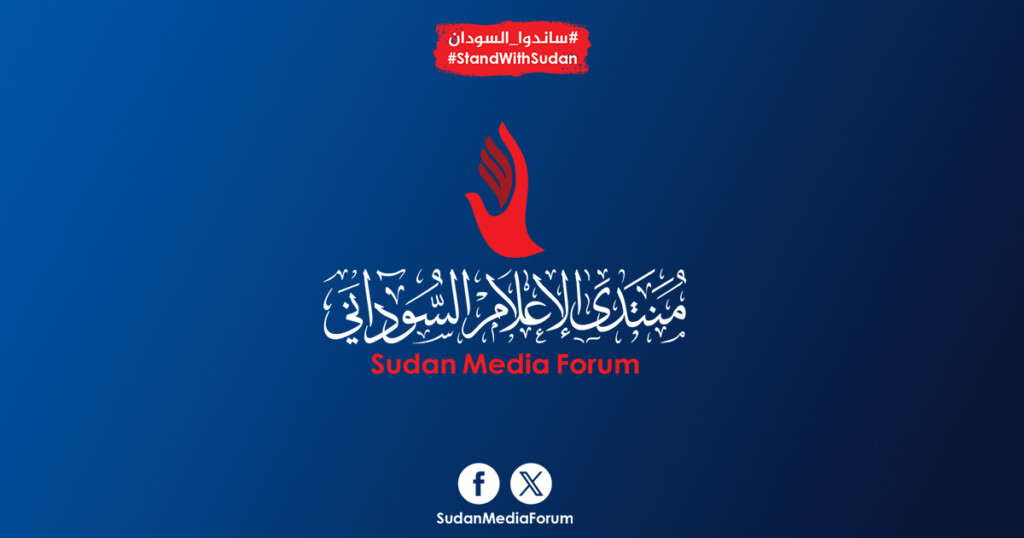
The Sudan Media Forum, in partnership with the Al-Alaq Centre for Press Services, is raising awareness of these environmental risks as part of a broader effort to confront Sudan’s worsening ecological crisis, worsened by war, weakened governance, and a lack of public investment.
#SilenceKills #الصمت_يقتل #NoTimeToWasteForSudan #الوضع_في_السودان_لايحتمل_التأجيل #StandWithSudan #ساندوا_السودان #SudanMediaForum #PressFreedom







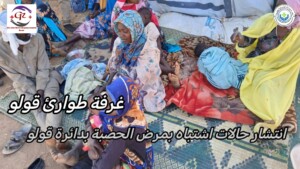
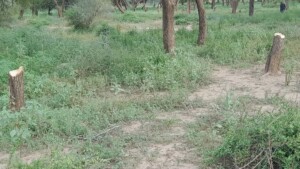
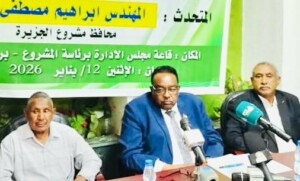

 and then
and then